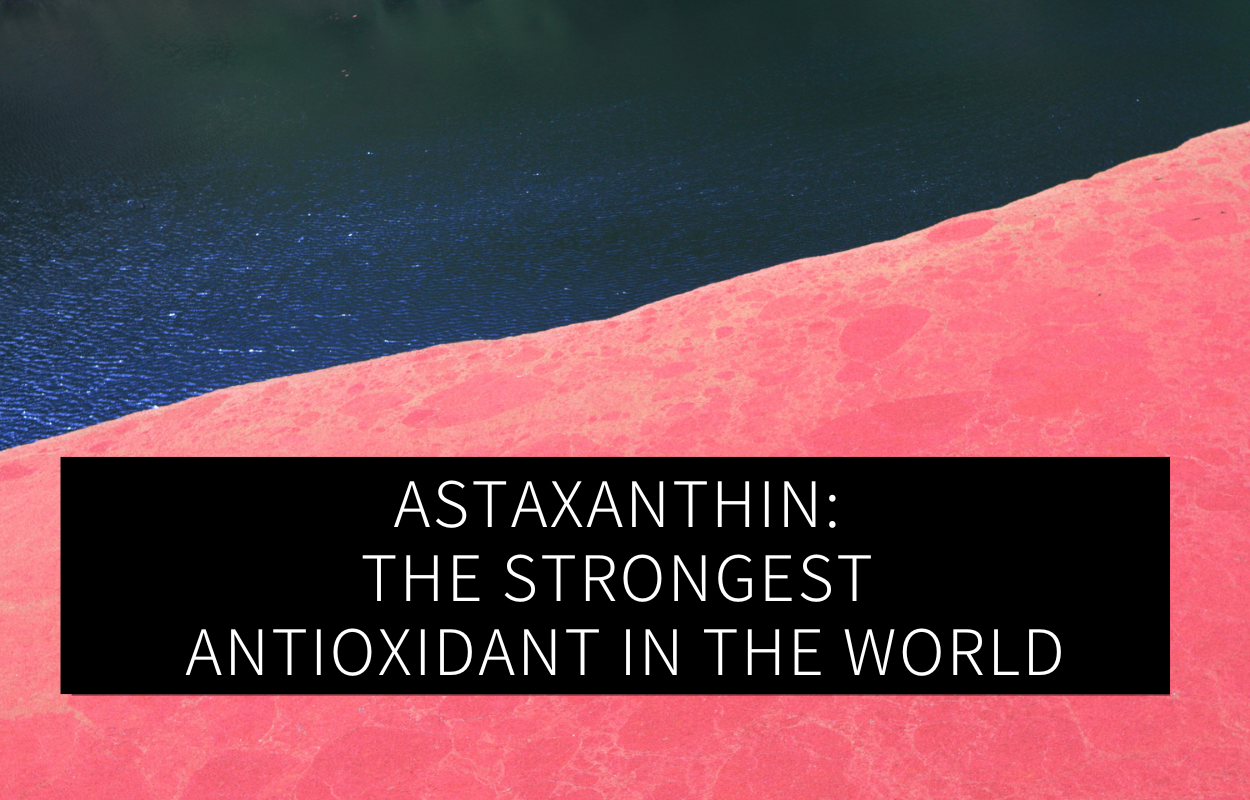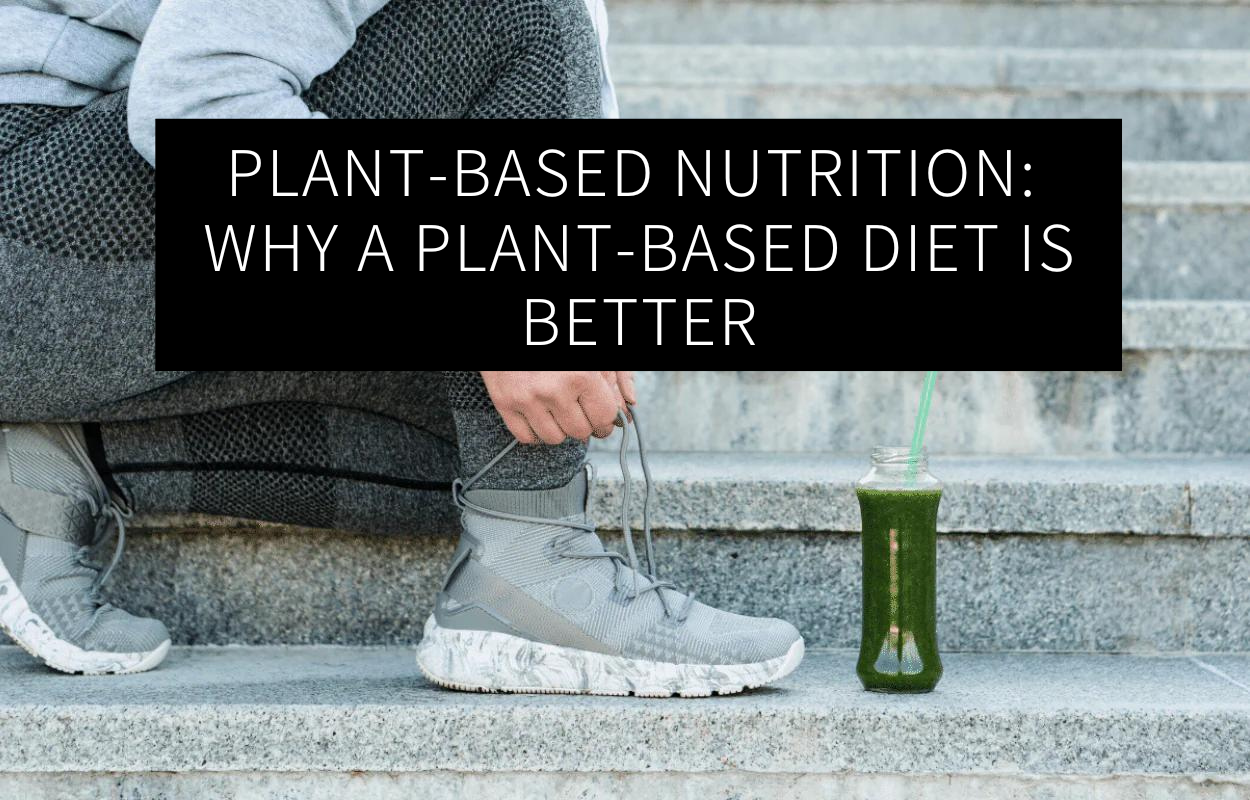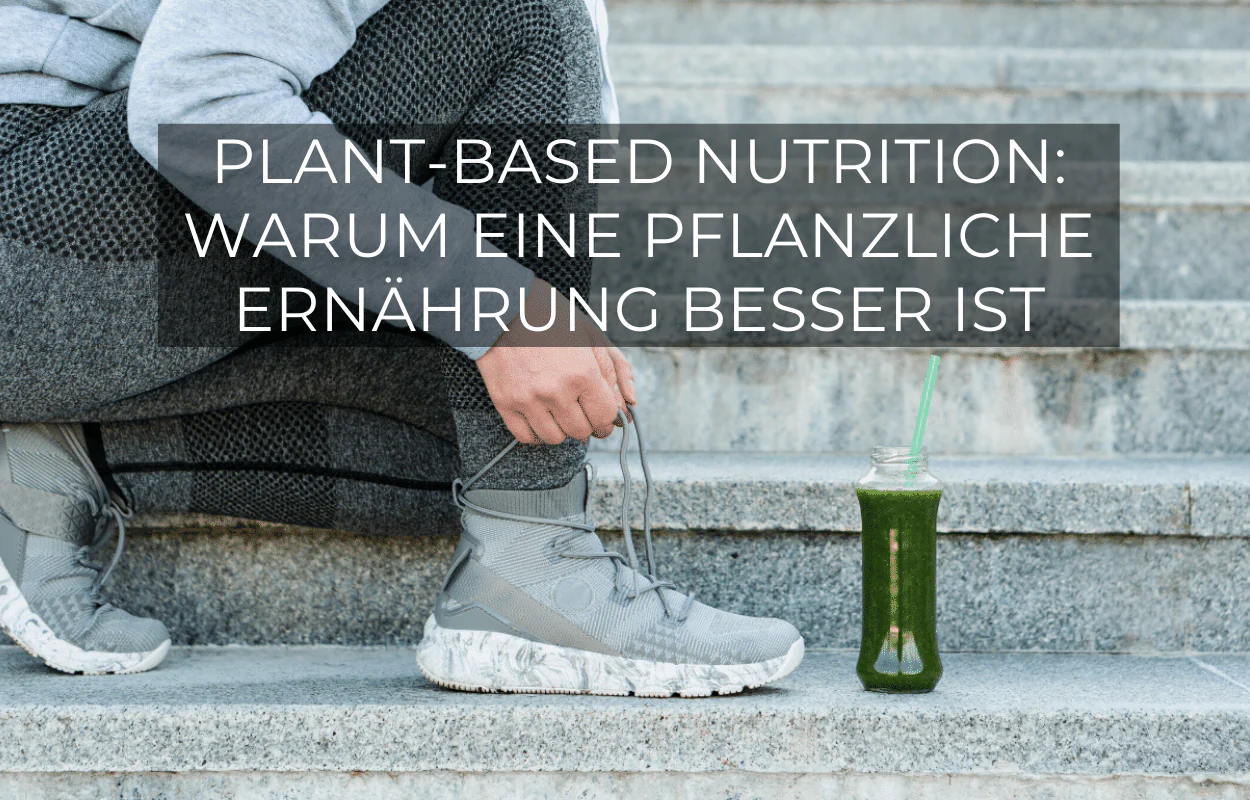Astaxanthin is considered the strongest antioxidant that can protect the body against free radicals and contribute to enhanced mental performance.
1. What is Astaxanthin?
As a carotenoid, the antioxidant compound gives plants and animals their typical color. Thus, Astaxanthin is present in many foods, with microalgae having particularly high levels of it. Certain fish and seafood, such as lobster, salmon, and shrimp, are also said to contain the compound. However, the concentration is high in these organisms because they feed on microalgae and absorb the compound through their diet – specifically from the original source, microalgae.
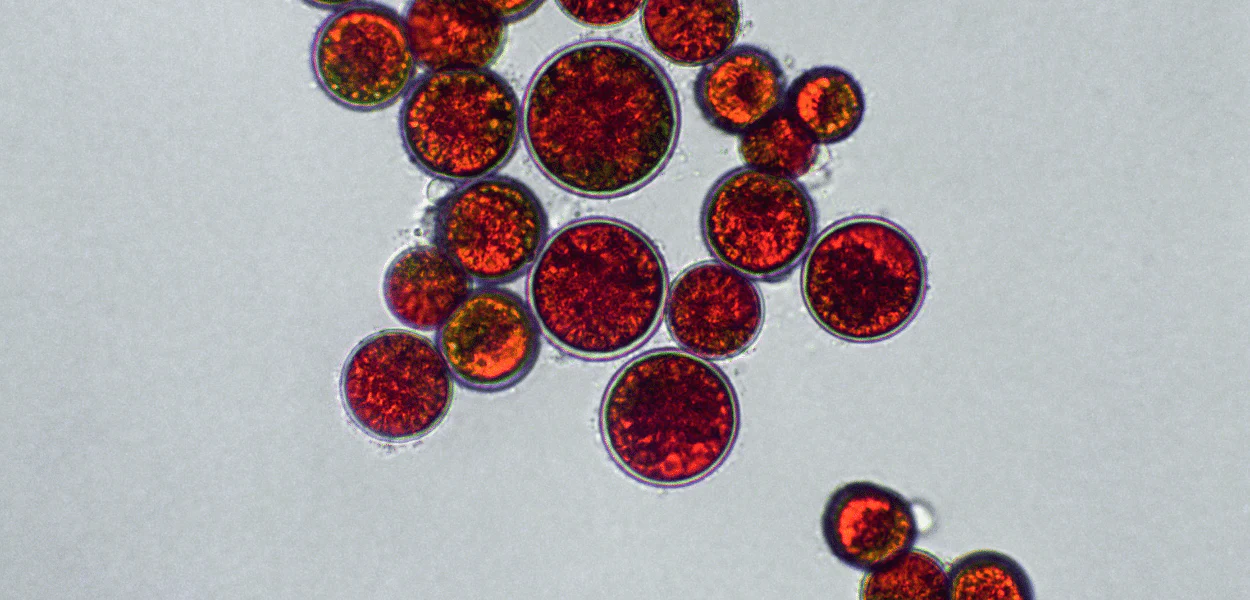
Beta-carotene, one of the most important nutrients in carrots, is also an antioxidant, but Astaxanthin is attributed to have a tenfold stronger effect. Compared to vitamin E, the compound is even claimed to be 100 times stronger, which rightfully earns it the title of the strongest antioxidant.
2. How does Astaxanthin differ from other carotenoids?
At first glance, the compound appears to be a carotenoid with a chemical structure that differs little from other carotenoids. However, there is a subtle difference that makes this antioxidant unique. It is believed that the antioxidant compound found in microalgae can cross the blood-brain barrier and contribute to the protection against free radicals and inflammation in the brain and nervous system. Furthermore, it is said to distribute very well throughout the entire body, which can benefit the immune system.
One of the main tasks of Astaxanthin is to protect the body as an antioxidant against oxidative stress. Oxidative stress can affect you, for example, if you engage in a lot of physical exercise and neglect proper recovery. This can contribute to the formation of free radicals, which can damage your healthy cells and accelerate the aging process. Initial signs can manifest as fatigue, exhaustion, sleep disturbances, and reduced performance.
Antioxidants can counteract the formation of oxidative stress by combating the formation of free radicals and naturally strengthening and protecting the cells. The fact that the effects of Astaxanthin may exceed the positive effects of vitamin E and beta-carotene should be particularly interesting for performers.
3. What are the effects of Astaxanthin?
What is truly interesting is that the compound found in microalgae is believed to be one of the most effective substances that can protect your cells against free radicals and oxidative stress by lodging itself within the cells, specifically in the mitochondria. Mitochondria are the powerhouses of your cells and can directly influence your cognitive and physical performance. The more free radicals present in your body that can attack your cells (including your mitochondria), the higher the likelihood that your performance may suffer.
A decline in performance can be disadvantageous for anyone, whether they aim to perform mentally or physically. Let’s take a closer look at the effects of Astaxanthin and see what benefits this antioxidant can offer you as a high performer.
A.) Effect of Astaxanthin on Inflammation
The effect of Astaxanthin is likely to be particularly welcomed by athletes who want to protect themselves as effectively as possible from joint problems and other inflammatory diseases. As an antioxidant, the compound is believed to have strong anti-inflammatory properties by reducing inflammatory mediators in the body. It is also said to alleviate the formation of lactic acid in the muscles, which can contribute to preventing muscle soreness.
B.) Effect of Astaxanthin on Physical Performance
The effect of Astaxanthin is expected to be particularly noticeable on a physical level, which should please high performers. By shortening the recovery time after a strenuous workout, the compound is believed to contribute to increased resilience and better adaptation to physical stress. This could mean that you feel less exhausted after training and can achieve better performance.

C.) Effect of Astaxanthin on the Brain
As an antioxidant, the compound is believed to have positive effects on a neurological level by enhancing cognitive performance, which could benefit biohackers and creative individuals.
4. Who is the antioxidant suitable for?
Due to its effects, Astaxanthin is not only considered an effective antioxidant but also a highly potent superfood. It can be a real secret weapon for high performers who want to give their all on a mental and/or physical level and maximize their body’s potential. Since it is believed to easily cross the blood-brain barrier, it can support brain function, which in turn can improve cognitive performance.
The positive effects of Astaxanthin are said to extend to the physical level as well, as the compound can enhance recovery after intense training by neutralizing the free radicals generated during exercise. Antioxidants are particularly important for biohackers and athletes who subject their brains and bodies to significant stress regularly, which can promote the formation of free radicals. The greater the mental or physical strain, the greater the risk of oxidative stress.
5. Where is the antioxidant found?
To benefit from its positive effects, you don’t necessarily have to rely on chemical supplements: One of the most potent antioxidants is naturally found in microalgae, specifically in the microalgae Haematococcus Pluvialis. It is completely vegan and provides one of the world’s strongest antioxidants in high doses, allowing you to access your full mental and physical performance and perform at the highest level.
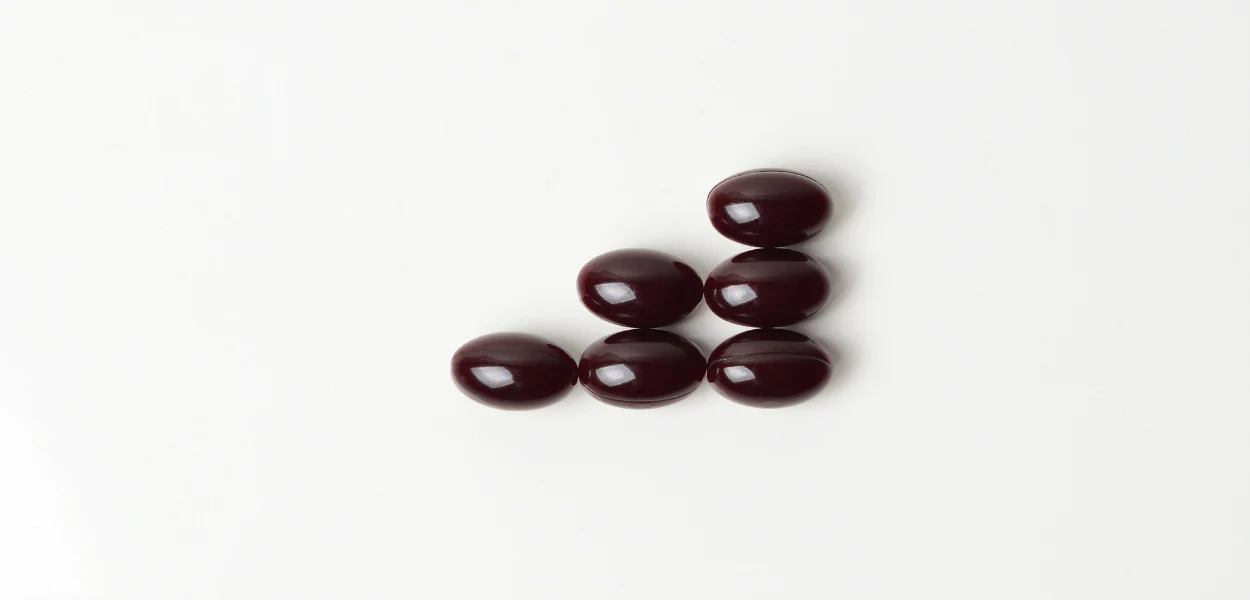
The compound found in microalgae is the perfect cellular protection for your mitochondria, which provide the necessary energy for boosting your cognitive and physical performance. It can protect cells from oxidative stress and associated inflammation and accelerate the interconnection of brain and nerve cells, thereby improving brain activity, learning, and memory equally. Although synthetic preparations may have the same chemical formula, they are said to be far less effective than the natural compound because the algae bring along many other substances that can enhance the compound’s antioxidant abilities. When the compound is dissolved in coconut MCT oil, for example, it is believed to have particularly high bioavailability.
Conclusion: Performers Can Benefit from One of the Strongest Antioxidants
Microalgae are gaining more attention in modern vegan nutrition due to their high nutrient content and their status as a superfood. The effect of Astaxanthin is believed to positively influence not only mental but also physical performance, which is why the compound is increasingly coming into focus in the field of biohacking.

